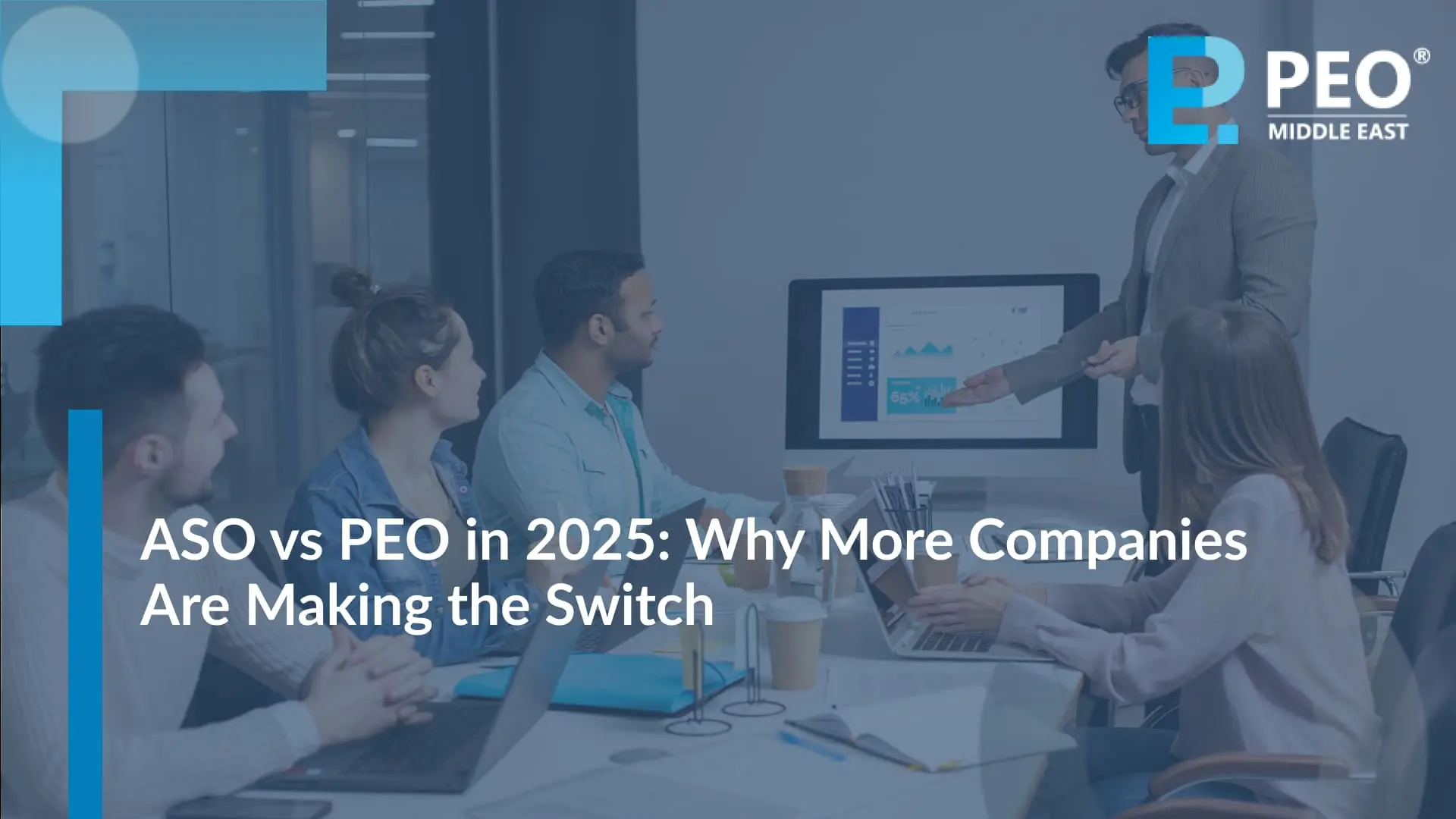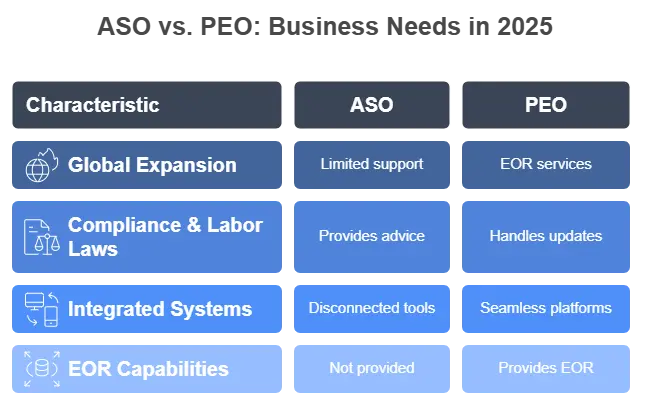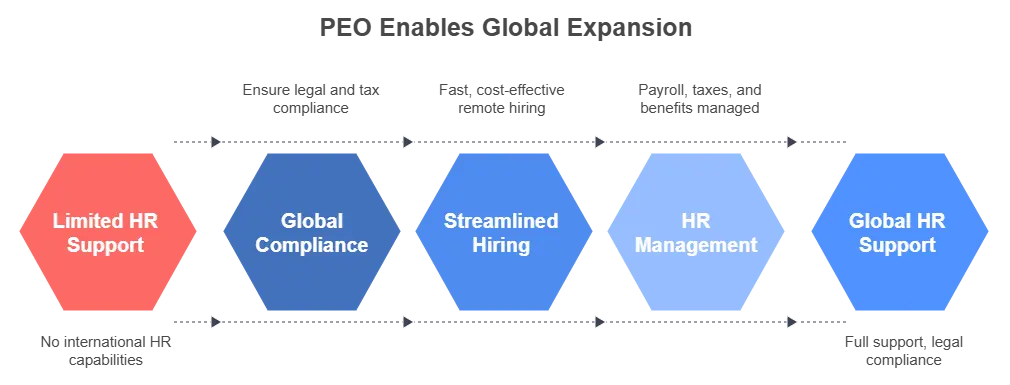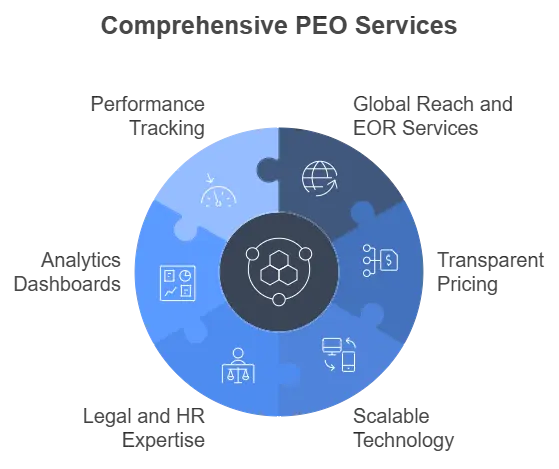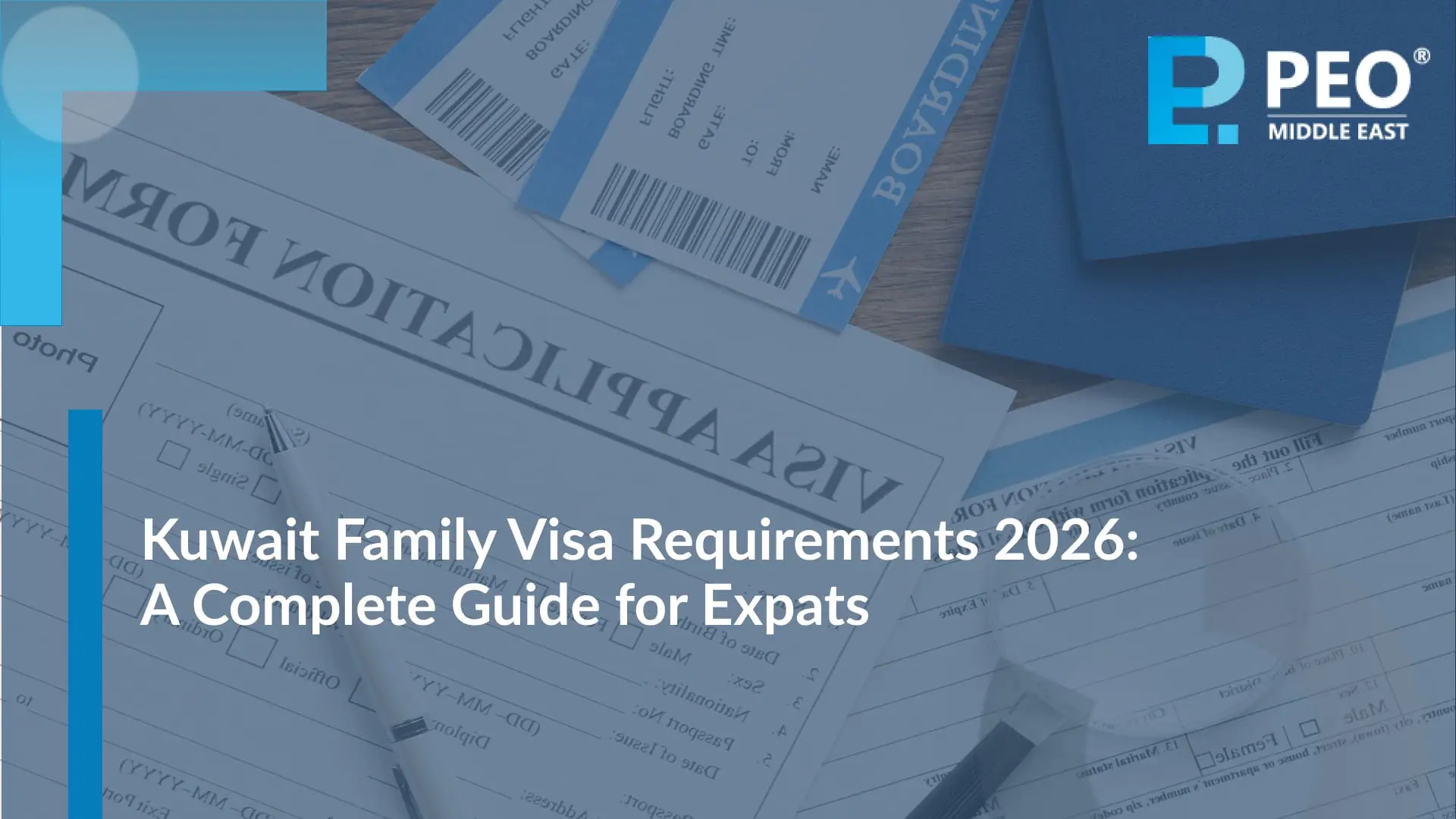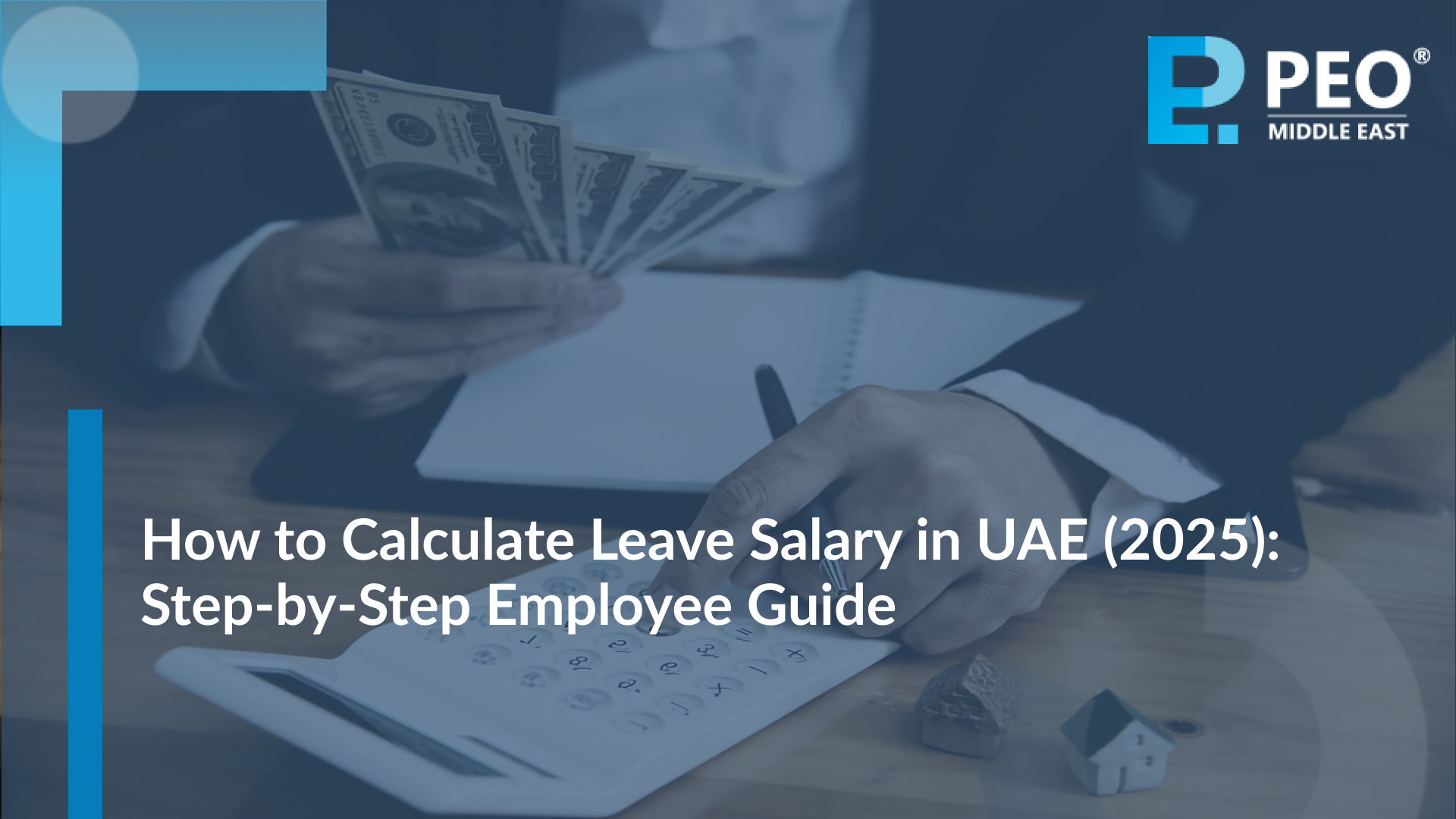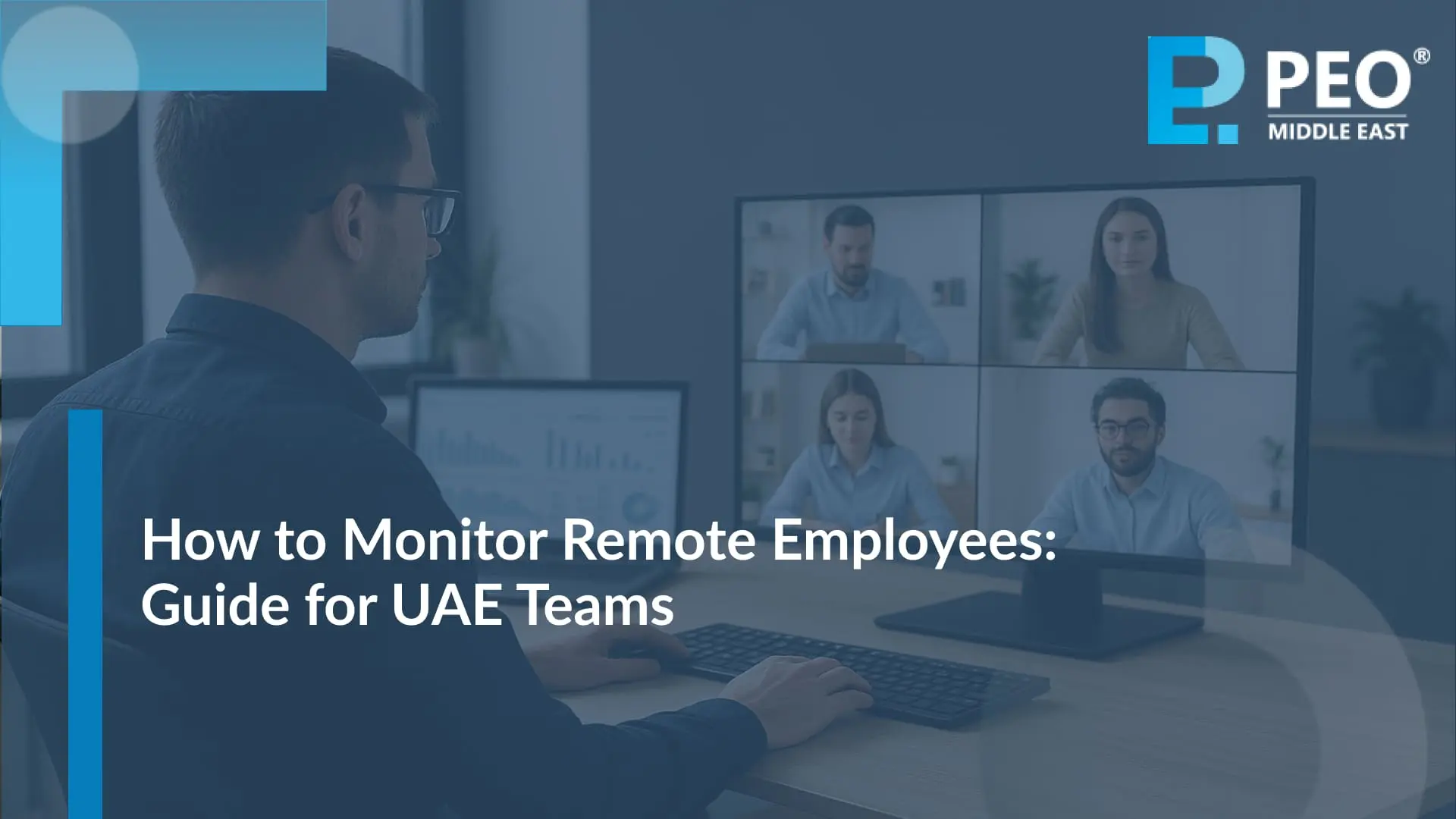In 2025, businesses are making smart moves to streamline HR, payroll, and compliance. One major change is the growing shift from Administrative Services Organizations (ASOs) to Professional Employer Organizations (PEOs). This switch is not a passing trend—it’s a strategic response to the challenges of managing a modern workforce. If you’re comparing ASO vs PEO, you’re not alone. Thousands of companies are doing the same, and many are choosing PEOs.
Why? Because they offer wider support, better compliance, and a more efficient path to growth. They also align with today’s fast-paced business models that demand scalability, agility, and risk mitigation.
Understanding the Difference: ASO vs. PEO
To see why companies are switching, you must first understand the key differences between ASO vs PEO.
What Is an ASO (Administrative Services Organization)?
An ASO is a third-party provider that helps with HR tasks like payroll processing, tax filings, and benefits management. However, the business retains all legal responsibility. The ASO only offers administrative support. In this setup, the business is still the employer of record. The ASO does not share in any legal or compliance risks. This structure suits companies with established HR teams but still leaves them exposed to compliance failures.
What Is a PEO (Professional Employer Organization)?
A PEO goes further by entering a co-employment relationship. It shares responsibility for HR, payroll, taxes, and compliance. The PEO becomes the legal employer of record for these purposes.
This arrangement allows the PEO to offer better benefits, manage regulatory risks, and even support international hiring. Businesses get to focus on growth while the PEO manages the backend. This model is ideal for companies without large internal HR departments or those entering new markets.
Key Differences in Structure, Responsibility & Compliance
- Legal Liability: ASOs advise, PEOs share legal responsibility.
- Compliance: ASOs guide, PEOs ensure legal compliance.
- Payroll & Benefits: ASOs manage existing plans, PEOs provide premium plans.
- Employer of Record: ASOs aren’t, PEOs are.
These differences matter most for companies in regulated or global industries. PEOs bring added assurance and protection, especially when navigating unfamiliar employment laws.
The Shift in 2025: Why ASO Is No Longer Enough for Many Businesses
As business landscapes change, ASOs fall short. PEOs offer the tools and services companies now need.
Rising Global Expansion Needs
In 2025, remote work and cross-border hiring are common. Companies are no longer confined to local talent pools. ASOs cannot support international hiring. They lack the legal structure to do so.
PEOs offer Employer of Record (EOR) services. This lets companies hire workers worldwide without setting up foreign branches. It simplifies expansion and saves time and costs. For scaling startups or growing SMEs, this flexibility is a game-changer.
Increasing Compliance Burdens & Labor Law Changes
Governments are updating labor laws faster than ever. ASOs provide advice but don’t bear any legal risk. Businesses still face penalties if things go wrong.
PEOs monitor labor laws and handle updates automatically. They take responsibility for compliance, helping companies avoid costly mistakes. In 2025, when regulations differ widely between regions, this proactive support is invaluable.
Demand for Integrated Payroll, HR, and Benefits Administration
Today’s businesses expect integrated systems. They want all-in-one platforms that handle everything from onboarding to payroll.
ASOs often work with disconnected tools. PEOs offer seamless HR platforms. These reduce admin tasks, lower costs, and improve accuracy. They also offer analytics tools that help in workforce planning and decision-making.
Need for Employer of Record (EOR) Capabilities
Hiring overseas requires a local legal entity—or a PEO. ASOs don’t provide EOR services.
PEOs can legally employ workers on your behalf in other countries. This is crucial for startups and SMEs looking to scale internationally. It removes regulatory headaches and shortens time-to-hire.
5 Reasons Companies Are Choosing PEO Over ASO
Here are the top reasons businesses are switching to PEOs:
Legal Co-Employment for Shared Liability
PEOs take on part of your HR-related legal risks. Through co-employment, they handle taxes, compliance, and employee documentation. You reduce your exposure to penalties and lawsuits. This peace of mind is crucial when entering new sectors or countries.
Access to Better Benefits and Insurance Plans
PEOs combine employees from several companies. This boosts buying power and gives your team access to high-quality benefits.
You can offer health insurance, retirement plans, and other perks that compete with larger companies, without the high cost. Better benefits help you attract and retain top talent.
Simplified HR & Payroll Operations
PEOs use centralized systems to manage HR and payroll. This cuts down on errors and reduces manual work.
Your business gets one platform for everything—onboarding, payroll, time tracking, and reporting. With fewer touchpoints, there’s less room for miscommunication and delays.
Support for Global Hiring Without Entity Setup
Want to hire in new countries? PEOs make it easy. They act as the legal employer of record.
You avoid the need to register a local business. This saves time and speeds up hiring. It also opens doors to emerging markets without long-term commitments.
Lower Risk and Higher Compliance
PEOs stay up to date on labor laws, tax codes, and regulatory changes. They take care of compliance across multiple regions.
You avoid fines, legal issues, and reputational damage. Your business stays protected. This makes PEOs a vital partner for compliance-heavy industries like finance, healthcare, or logistics.
Real-World Example: ASO vs PEO—A Success Story
A UAE-based tech firm initially worked with an ASO. It handled local HR tasks but couldn’t support international growth.
As the firm expanded into Europe and Asia, compliance became a challenge. Hiring remote workers was slow and costly.
They switched to a PEO. Within weeks, they hired engineers in Germany and marketers in Singapore. The PEO managed payroll, taxes, and benefits. Operations ran smoothly, and the business grew faster.
Today, they operate in six countries with full HR support and legal compliance. Their employee satisfaction and retention have also improved thanks to better benefits and support.
Is It Time for Your Business to Switch to a PEO?
Ask yourself these questions:
- Are you planning to hire abroad?
- Are you struggling to keep up with changing labor laws?
- Do you work with too many vendors for HR, payroll, and benefits?
- Is your team growing faster than your current HR system can handle?
- Are employment-related risks holding you back?
If you answered yes, a PEO might be the solution. It gives you the tools, support, and legal coverage to grow confidently.
PEOs are especially useful if you’re looking to consolidate systems, reduce overhead, or compete for international talent. They simplify complexity and allow leadership teams to focus on strategy.
Partner with a Trusted PEO Provider
A strong PEO partner goes beyond outsourcing. It offers full-service HR, compliance, and international hiring support.
Look for a provider with:
- Global reach and EOR services
- Transparent pricing
- Scalable technology
- Legal and HR expertise
Some top-rated PEO providers also offer analytics dashboards, performance tracking, and mobile access to HR services. This helps your HR department stay agile and informed.
A trusted PEO handles everything from payroll to compliance, helping your business grow faster and safer. You reduce costs, access better benefits, and stay compliant—all in one place.
Final Thought
In 2025, the ASO vs PEO debate is a strategic one. Businesses are choosing PEOs to manage complexity, reduce risk, and support global growth. PEOs don’t just offer admin support. They offer legal compliance, international hiring, better employee benefits, and integrated HR systems. This lets you focus on growth while they handle the rest.
As you plan your next phase of growth, consider this: Is your current model holding you back? If so, now is the time to partner with a PEO and unlock smarter, scalable HR solutions.
Choosing the right partner could be the most important HR decision your company makes this year. Start exploring your options—and future-proof your workforce today.

